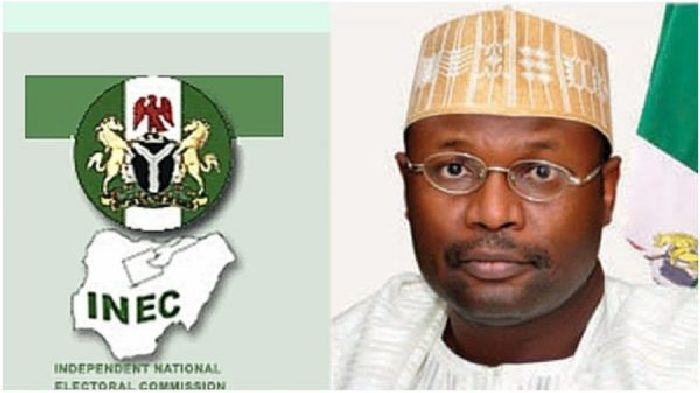INEC has voiced opposition to giving the Attorney-General of the Federation greater authority to create rules or regulations for the proposed Electoral Offenses Commission.
According to Anaedoonline.ng, Mahmood Yakubu, the chairman of INEC, voiced his concerns at a public hearing on the electoral offences commission bill on Tuesday that was hosted by the House of Representatives Committee on Electoral Matters.
Yakubu claims that a few provisions in the Electoral Offences Commission Bill could undermine the commission’s independence if it is constituted.
UPDATE: 2023 Election Results Will Be Collated Manually – INEC
The Honorable Aisha Dukku presided over the public hearing.
The INEC chairman said, “We have studied the 46 Clauses of the Bill under consideration and made 16 comments. I would like to touch on two Clauses and make a general observation while submitting our detailed comments to the Committee. First is Clause 33(1) of the Bill which confers jurisdiction on Federal, State and FCT High Courts to try offenders under the Bill. However, these Courts are already over-burdened. It is proposed that the Electoral Offences Tribunal be established with exclusive jurisdiction to try electoral offenders.
“The second is Clause 44 which empowers the Attorney-General of the Federation to make rules or regulations for the Commission. Conferring additional power to any other body may cause friction or conflict with the Commission which should be independent in the discharge of its functions even if doing so requires a consequential amendment to other laws of the Federation to empower the Commission and guarantee its independence.
2023: Ozekhome, Sani Drags INEC To Court Over Voters’ Registration
“In any case, Clause 1(2)[c] of the Bill grants the Commission power to make its own rules and regulations. Thirdly, because work on the Bill started before the passage of the current Electoral Act into law, all references to the Electoral Act 2010 (as amended), for example, Clause 39(1), should be replaced with relevant provisions of the Electoral Act 2022.”
Follow us on Facebook
Post Disclaimer
The opinions, beliefs and viewpoints expressed by the author and forum participants on this website do not necessarily reflect the opinions, beliefs and viewpoints of Anaedo Online or official policies of the Anaedo Online.

